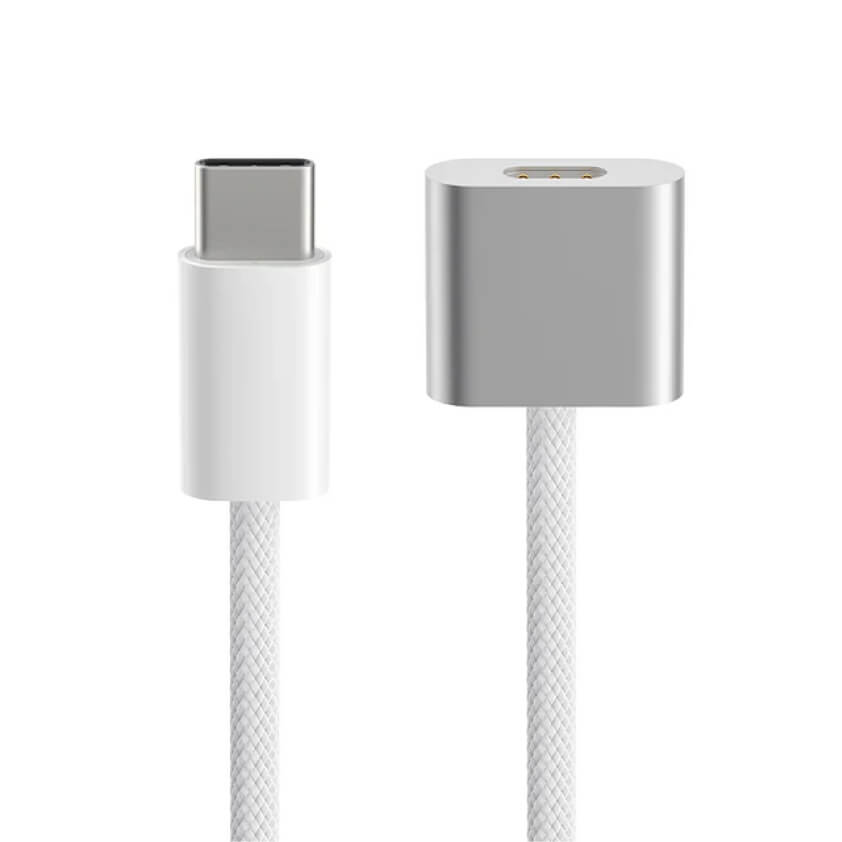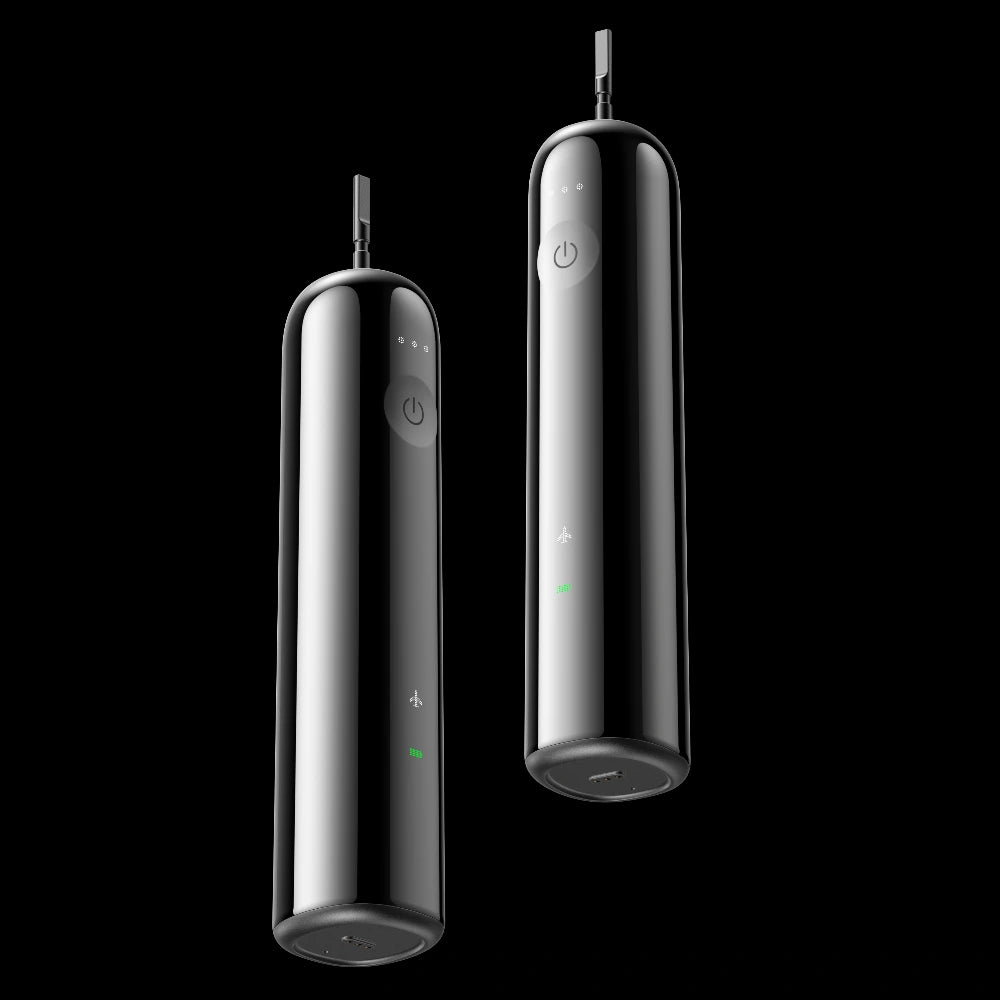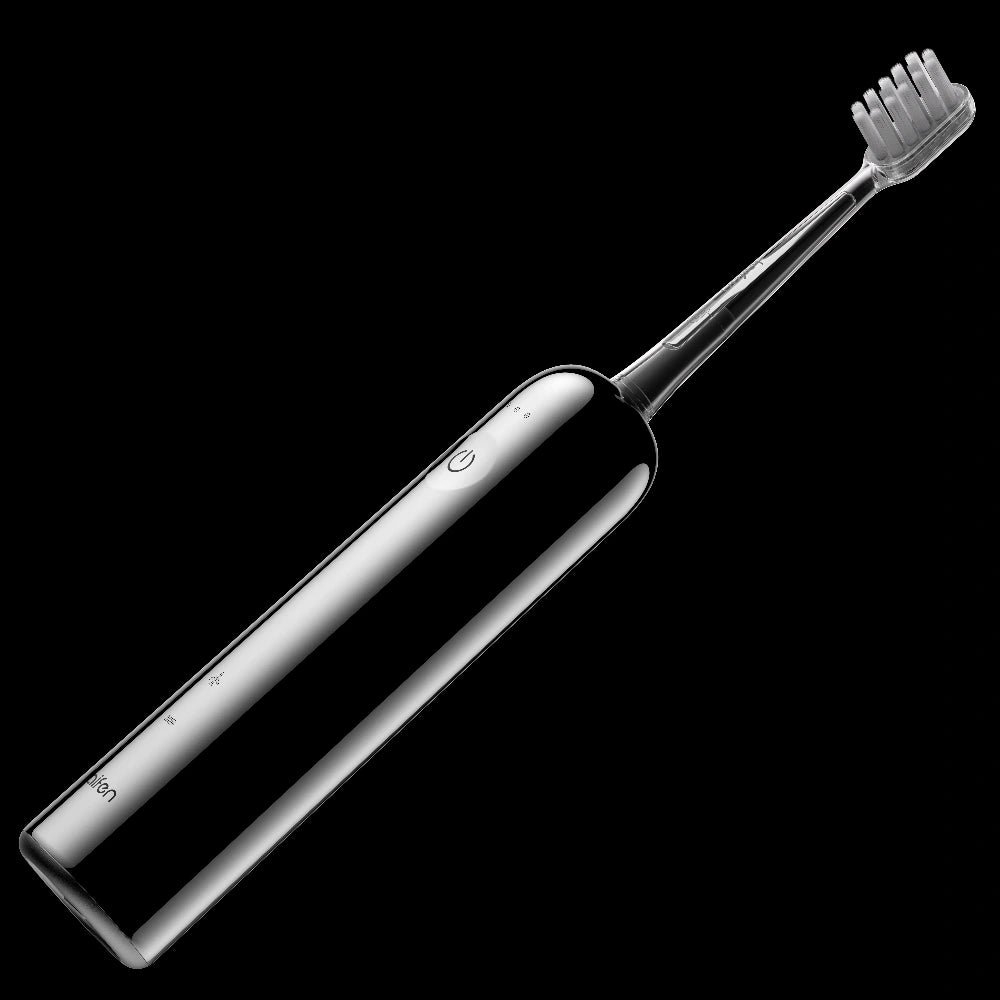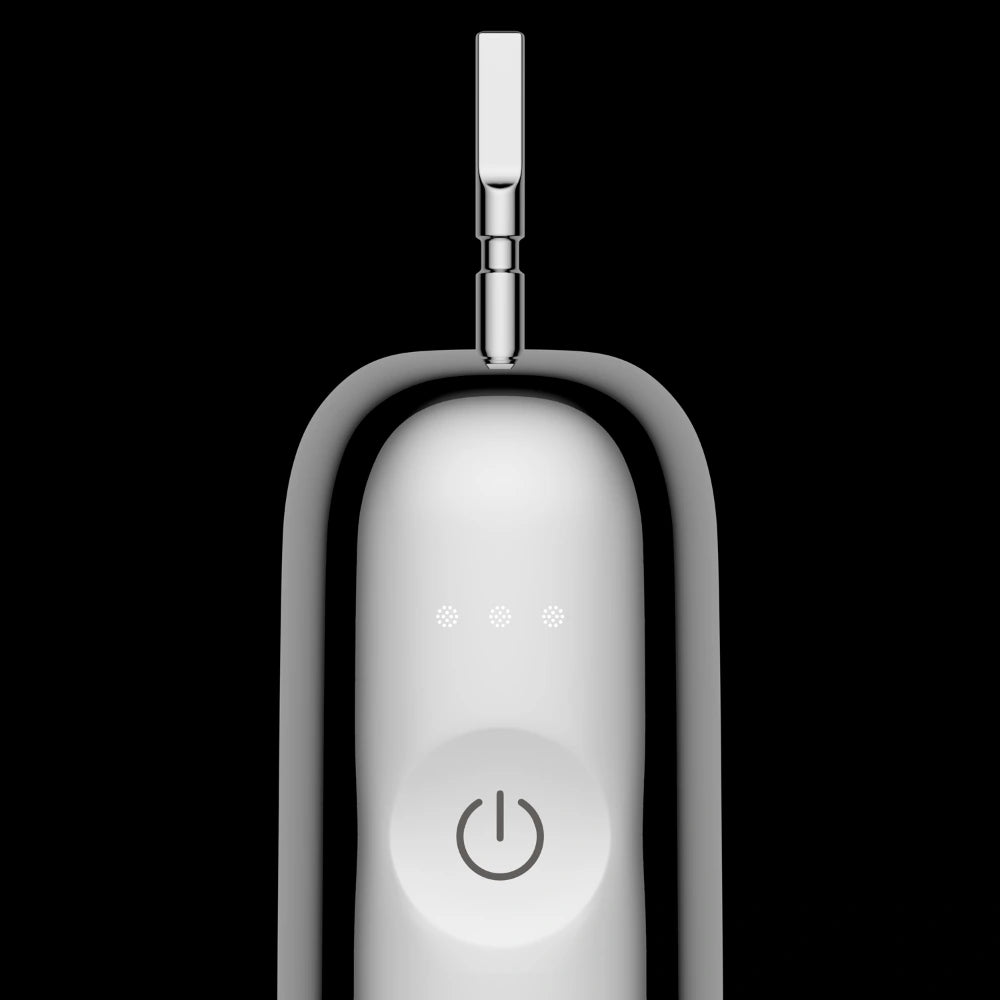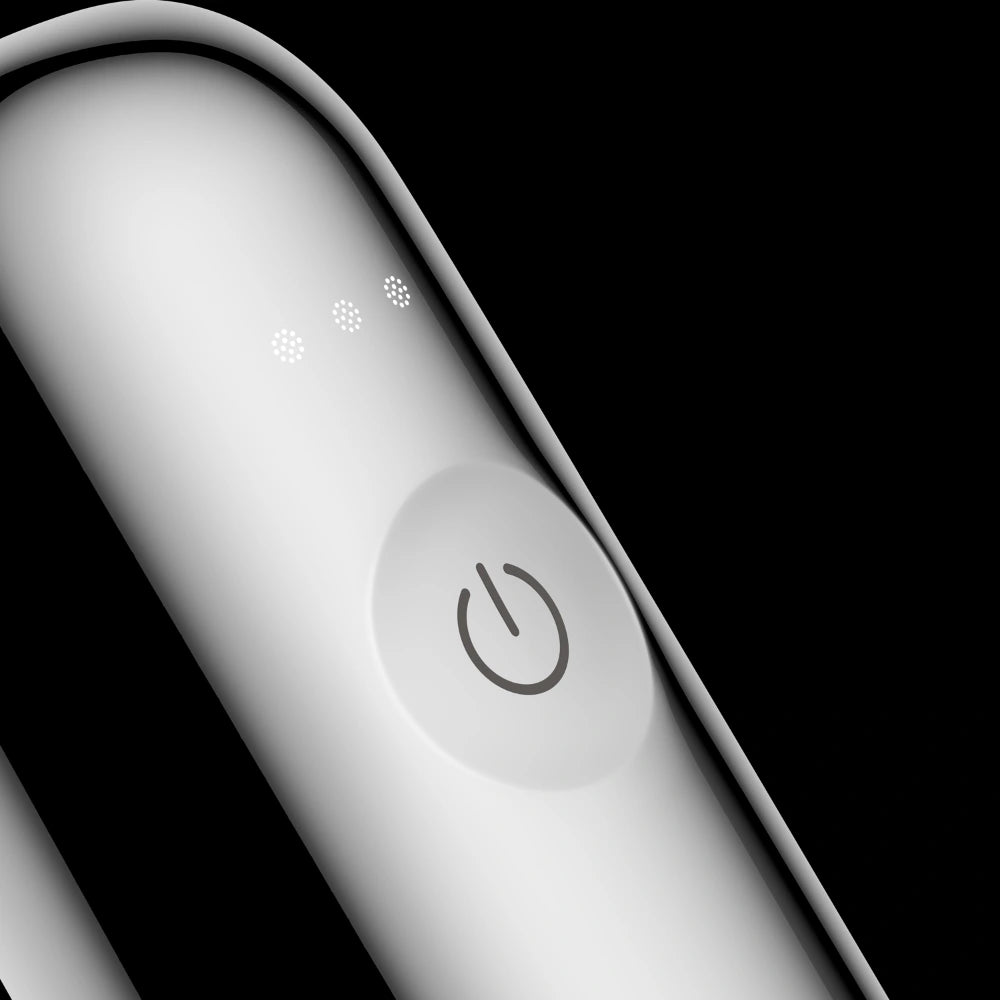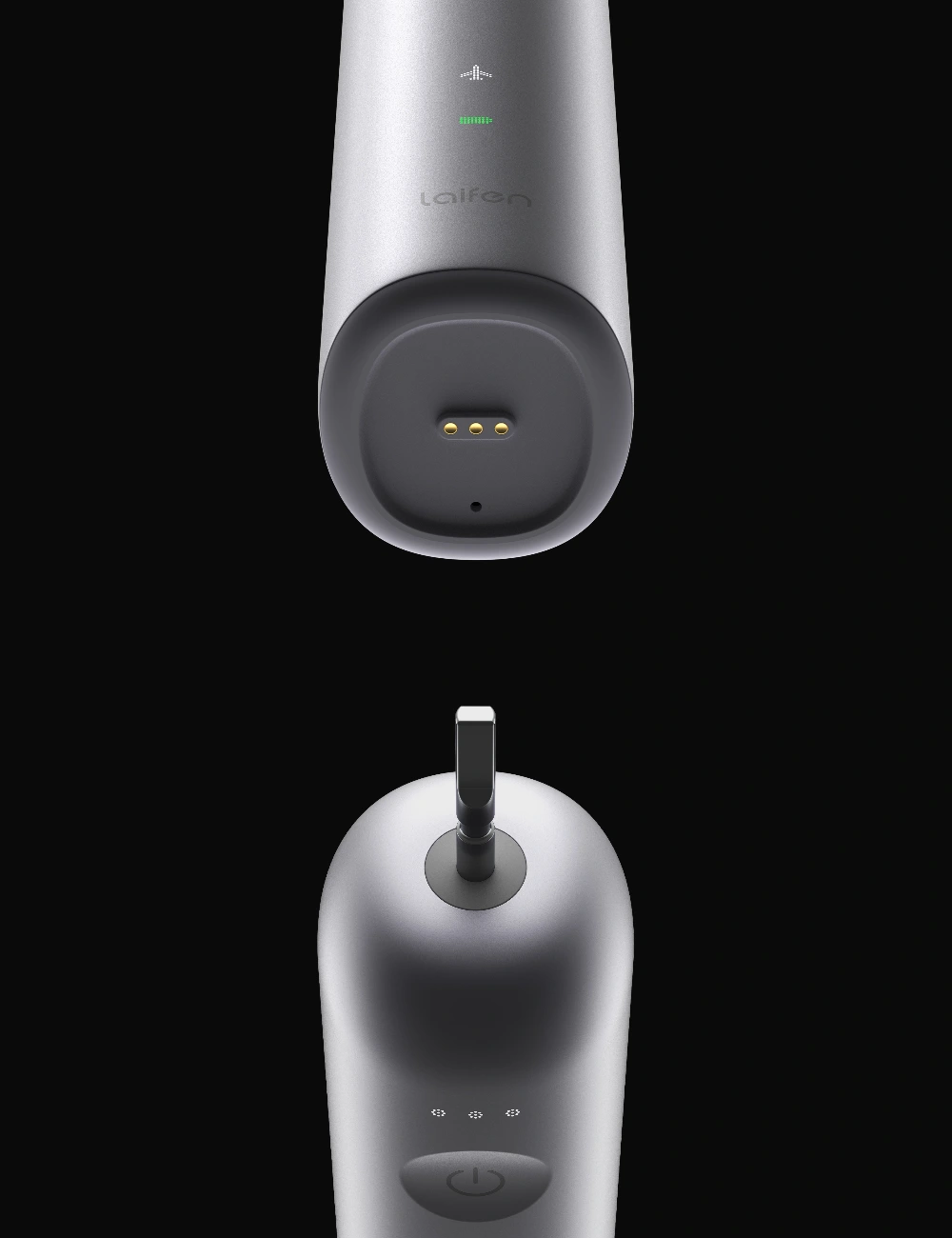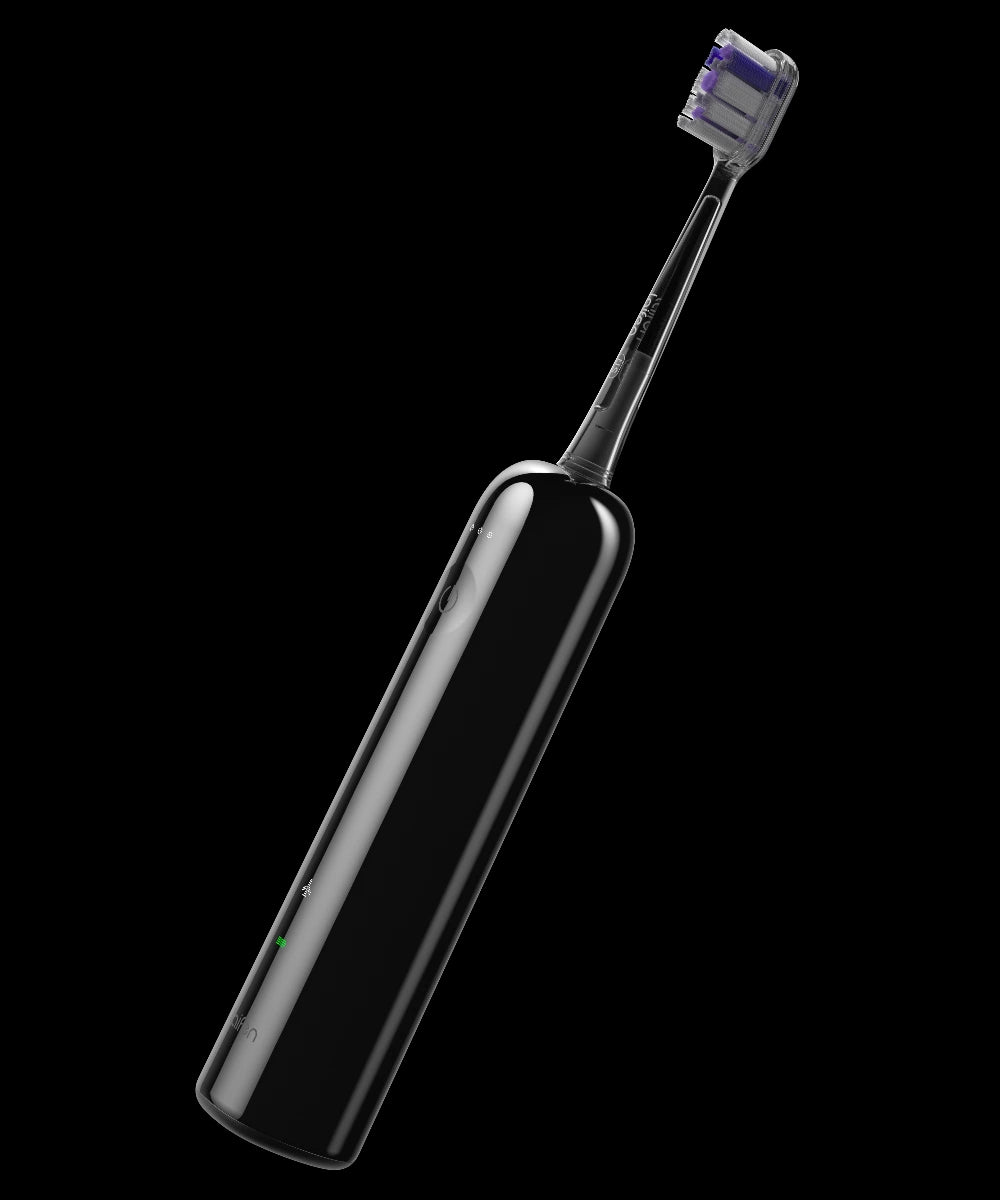
In this article
If you have a missing tooth, a dental bridge is a viable option to consider. It's a relatively straightforward procedure that can be completed after a couple of trips to the dentist's office.
In this article, we run through all you need to know about dental bridges, including what they are, how they're fixed to your mouth, and how much they typically cost.
What is a dental bridge?
A dental bridge is a way to replace a missing tooth or teeth. When fixed in place, dental bridges can improve your oral health and help you to chew, while improving the look of your teeth and mouth in general.
As their name suggests, dental bridges literally "bridge" the gap between two teeth, ensuring that you don't have unsightly gaps in your teeth. This also prevents infection of the mouth and gums and helps to ensure good oral hygiene.
There are two main parts of a dental bridge - the abutment and the pontics. The abutment is the actual structure that supports the bridge, while the pontics are the artificial teeth that fill the gap.
Let's take a look at some of the types of dental bridges in more detail.
Types of dental bridges
There are several types of dental bridges that a dentist may suggest, depending on your situation:
Temporary dental bridge
As the name suggests, this type of bridge is added to your mouth temporarily and may serve as a short-term solution as you prepare for a permanent bridge or dental implant or a more permanent solution to your missing teeth.
Traditional dental bridge
The most common type is known simply as a traditional dental bridge. It has pontics in between dental crowns, which are bonded directly to your natural teeth. Dentists can use a traditional bridge when you have healthy, natural teeth on both sides where the bridge is fixed.
Cantilever dental bridge
The main difference between a cantilever and a traditional bridge is that in the former, there is only a crown on one end, not both. As such, this is a viable option if you only have healthy teeth on one side of the bridge.
Resin-bonded bridge
This type of bridge, sometimes known as a Maryland bridge, consists of metal wings instead of crowns to secure the bridge in place. The dentist bonds these metal wings to the backs of your teeth to hold them in place, and they're most commonly applied to gaps in the front teeth.
Implant-supported bridge
An implant-supported bridge is attached to dental implants rather than natural teeth. Dental implants are essentially replacement teeth that are drilled into the jawbone to replace damaged or missing teeth.
Dental bridge vs implant - what's the difference?
Both dental bridges and implants are a viable option for anyone with missing or damaged teeth. Dental implants are artificial teeth that are secured into the jawbone and typically last for life, unless they are accidentally damaged or broken.
On the other hand, dental bridges are false teeth that are held in place by the teeth surrounding the gap. They don't last as long as dental implants, and typically have a life of 5-10 years before needing replaced.
Though both options can work for you, a dental implant is a longer-lasting (and costlier) option than a dental bridge.
How does the dental bridge process work?
The dental bridge procedure depends on the type of bridge that you opt for. But generally, the process begins with an initial consultation with your dentist.
On the day of the procedure, the dentist will give you a local anesthetic to keep you comfortable, before reshaping your abutment teeth. This requires the dentist to remove some of the tooth's enamel. They will then take dental impressions and place a temporary bridge in place.
The next time you visit the dentist's office, the temporary bridge will be removed and the new bridge will be tested and then cemented in place. As a result, you need to plan for at least two visits to the dentist's office if you want to install any type of bridge.
The verdict on dental bridges
If you have a missing tooth or missing teeth, a dental bridge is a viable option. It is attached to healthy teeth on either side of the gap and is held in place for a period of 5-10 years before needing to be replaced.
As it is much cheaper than a dental implant, it's a viable option if you're not covered by insurance or don't want to put yourself under financial strain with an expensive dental procedure.
FAQs
Q1: Is a dental bridge permanent?
Though a dental bridge is designed to last 5-10 years, it is not permanent. If you're looking for a permanent solution to a missing tooth, a dental implant is the better option.
Q2: What can I expect from a dental bridge before and after?
A dental bridge “bridges” the gap between two healthy teeth. In other words, it's the perfect option if you have lost a tooth and don't want to have a dental implant secured to your jawbone.
Q3: How long does a dental bridge last?
Though the lifespan of a dental bridge depends on numerous factors, you can reasonably expect it to last for a period of between 5 and 10 years, provided that you look after it well.
Q4: What is the average cost of a dental bridge?
The dental bridge cost is around $500 per tooth, while the cost of a crown is usually between $500 and $1,000. The dental bridge cost with insurance depends on your provider, but it is usually included. In contrast, many insurance providers will not pay for dental implants as a standard course.
Q5: What are some dental bridge infection symptoms?
Your dental bridge might be infected if you feel pain or discomfort around the affected area. You might also notice pus around the bridge or gum line. If this is the case, contact your dentist right away to prevent the infection from becoming worse.













